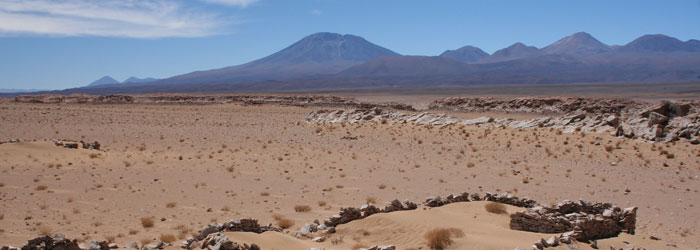Beliefs and funeral rites
The Inka ruled a theocratic state in which social and economic life were governed by religious beliefs. Their central deities —Wiraqocha (the creator), Inti (sun god) and Killa (moon god)—stood at the pinnacle of a vast pantheon of gods represented as celestial bodies, natural phenomena, mountain peaks and other features of the landscape. The Inka also revered their ancestors. The Imperial rulers established their dominion by symbolic means especially, endowing local cultures’ ancient places of worship with Inka sacred meaning. Examples of this can be seen in the Imperial architecture and especially in the Capacocha rites. These ceremonies were performed on high Andean peaks in the lands under their dominion, and sometimes involved human sacrifice. Practice of the Inka religion was mandatory for local populations, who were forced to replace their ancient shamanic traditions with institutionalized religious practices that were much more inflexible and presided over by Inka priests.


